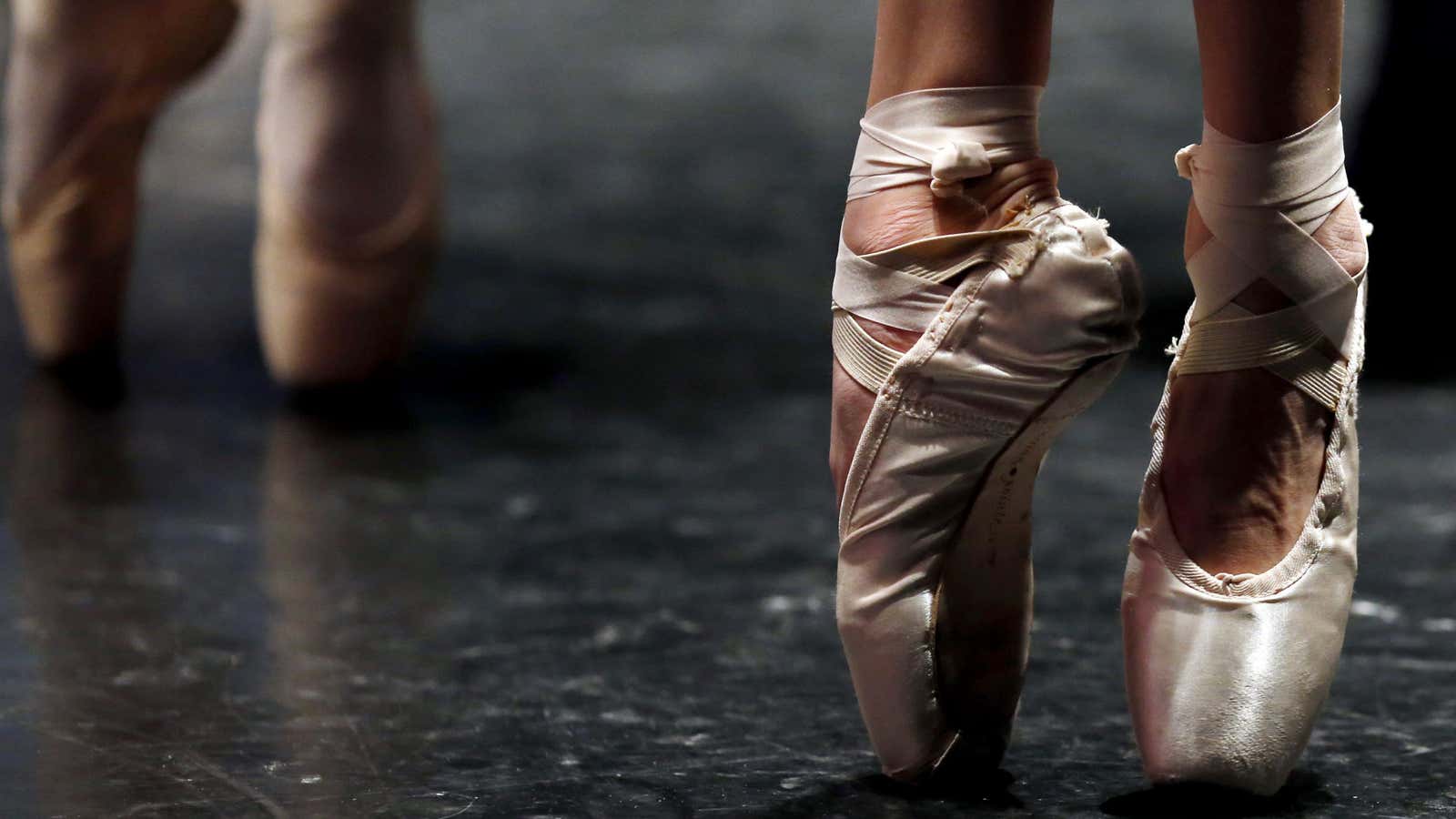Every two years, I apply for a $25,000 grant for prose writers from the National Endowment for the Arts. A carefully selected panel of jurors—which has in the past included luminaries such as Toni Morrison and Kurt Vonnegut—selects the winners.
I’ve never gotten a grant. Competition is fierce; once, so many people applied on the day of the deadline that the website crashed. Still, I continue to apply. I’m part of that 60% of writers who don’t make a living from writing alone, even though I write, basically, full time. A sum of $25,000 is hardly winning the lottery, especially in New York, where a simple parking space can cost you $500,000. But the grant would mean I could take a semester off of teaching and focus on my work. It is in these ways—comparatively small, but deeply meaningful—that the NEA supports the arts in the US.
The NEA, established by former US president Lyndon Johnson in 1965, has a broad mission. Besides providing grants to individual artists, it promotes arts education and access to the arts, bringing ballet classes to kids in inner cities and rural areas and sponsoring writing classes for veterans. It established the American Film Institute; a grant to the College Entrance Board led to the creation of AP tests for visual arts and music, which allows talented students to skip ahead to more advanced classes in college. The Michigan Artrain, a “museum on wheels” that brought works of art to isolated pockets of the state, was able to expand its scope nationwide thanks to the help of the NEA.
Despite the NEA’s broad reach, it accounts for a statistically insignificant portion of the government’s annual budget—just 0.001%. Yet conservatives from Ronald Reagan to Jesse Helms to Newt Gingrich have long made it a target for budget cuts. Now The Hill reports that US president Donald Trump is considering abolishing the agency entirely.
If the war against the NEA is not about fiscal responsibility—and even the most cursory look at the budget proves that it isn’t—why do Republicans want so badly to dismantle it? The answer lies in the way public investment in the arts threatens the conservative agenda.
“The arts and the humanities belong to all the people of the United States,” declares the National Foundation on the Arts and the Humanities Act, which created the NEA and its sister agency, the National Endowment for the Humanities. Under this formulation, access to the arts is both an individual right and a fundamental part of the warp and weave of our national culture. In acknowledgement of the arts’ public value, we channel a small portion of government funding toward the creation and experiencing of art.
President Johnson said upon signing the bill: “While no government can call a great artist or scholar into existence, it is necessary and appropriate for the Federal Government to help create and sustain not only a climate encouraging freedom of thought, imagination, and inquiry, but also the material conditions facilitating the release of this creative talent.” Indeed, artists have often served as ambassadors for the American ideal of freedom of expression. During the Cold War, for instance, the State Department sent American jazz musicians abroad as the country’s “secret sonic weapon.” As the New York Times reported, “The idea behind the State Department tours was to counter Soviet propaganda portraying the United States as culturally barbaric … competing with the Bolshoi would be futile and in any case unimaginative. Better to show off a homegrown art form that the Soviets couldn’t match.”
Today, the US faces new problems, including a winner-take-all economy in which art is too often framed as extraneous—an amusement or pastime for champagne-swilling elites. Because it is difficult to quantitatively prove the arts’ value, agencies like the NEA are a perennial scapegoat. Legislators vow to slash its budget in order to give the appearance of fiscal responsibility—even when the numbers literally don’t add up.
But more insidiously, the NEA and NEH are in Trump’s sights because they promote the expression of the messy, complex American spirit. Art is not tractable, containable, or even easily defined. That makes it the very opposite of what autocrats want: propaganda. In North Korea, for example, which I visited in 2009, I had to be careful not to bring any materials that might threaten to disturb the government’s control over public thought. I couldn’t bring any books or videos about South Korea—or even a Bible.
In an atmosphere that deliberately cultivates hostility and fear, the arts are about empathy and human connection. Studies have even shown that reading literary fiction (as opposed to genre fiction, like Danielle Steel) helps schoolchildren develop a capacity to understand what other people are thinking and feeling. And so, in attempting to erase the NEA, Trump is also making a statement about what he values: authoritative answers over provocative questions; profit over compassion.
The red hats want to make America great again. But what is it that actually makes America great? As the law that created the NEA declares, “Democracy demands wisdom and vision in its citizens. It must therefore foster and support a form of education, and access to the arts and the humanities, designed to make people of all backgrounds and wherever located masters of their technology and not its unthinking servants.”
There can be no cause more bipartisan or more democratic than preserving and promoting America’s unique voice, vision, and culture. And that’s what makes the GOP’s animosity to the arts all the more troubling.
